As proud cat pawrents, we love our furry friends with no doubts. But did you know that breathing in cat urine and feces can be harmful to both people and cats? These substances may contain harmful bacteria, viruses, and other microorganisms that can cause health problems. In this post, we'll talk about the potential effects of breathing in cat urine and feces, and we'll also share some tips on how to keep yourself and your furry friend safe and healthy.

# Effects of Breathing in Cat Urine and Feces
a. Respiratory Problems
Inhaling the particles or dust from cat urine and feces can irritate the lungs, leading to respiratory problems such as coughing, wheezing, and shortness of breath. These symptoms can be particularly concerning for people with pre-existing respiratory conditions like asthma.
b. Allergic Reactions
Cat urine and feces may contain allergens that can trigger allergic reactions, such as sneezing, runny nose, and itchy eyes. This can be especially problematic for people who already have allergies.
c. Infections
Cat urine and feces may contain harmful bacteria and viruses, such as Salmonella, E. coli, and Toxoplasma gondii, which can cause infections if they enter the body through the mouth, nose, or eyes. These infections can be particularly dangerous for people with weakened immune systems, such as the elderly or those with chronic illnesses. Additionally, cat scratch fever, a bacterial infection caused by Bartonella henselae, can be transmitted to humans through scratches or bites from infected cats.
d. Odor-Related Issues
The strong smell of cat urine and feces can cause discomfort, nausea, and headache in some people.
e. Long-Term Exposure
Breathing in cat urine and feces over a long period of time may lead to chronic respiratory problems, such as bronchitis and asthma, as well as other health issues.
# What You Can Do to Protect Yourself and Your Pets
a. Properly Clean and Sanitize Areas
If your home or workplace has been contaminated with cat urine and feces, it's essential to properly clean and sanitize the affected areas. Wear gloves and a mask to protect yourself from exposure, and use a disinfectant that's effective against bacteria and viruses. Dispose of cat litter and waste in a sealed container.

b. Ventilate the Area
If you're cleaning a contaminated area, make sure to open windows and use a fan to increase ventilation. This can help to reduce the concentration of harmful particles in the air.
c. Use Protective Gear
When cleaning cat litter boxes or handling cat feces, use protective gear like gloves and a mask to minimize your exposure to harmful particles. If you have a cat that scratches or bites, make sure to keep your cat's nails trimmed and avoid rough play.

d. Seek Medical Attention
If you're experiencing symptoms like coughing, wheezing, or shortness of breath after exposure to cat urine and feces, seek medical attention immediately. This is especially important if you have pre-existing respiratory conditions or a weakened immune system. If you suspect that you or your cat have cat scratch fever, contact your healthcare provider or veterinarian for treatment.
e. Prevent Future Contamination
To prevent future exposure to cat urine and feces, make sure to clean litter boxes regularly, dispose of cat waste in a sealed container, and keep cats away from areas where food is prepared or consumed. Regular veterinary check-ups can also help to ensure that your cat is healthy and free from infections.
Conclusion
It is important to note that breathing in cat urine and feces can have serious health consequences for both individuals and feline friends. By taking steps to protect yourself and your pets, such as properly cleaning contaminated areas, using protective gear, and seeking medical attention if necessary, you can reduce the risks to your health and enjoy spending time with your feline friends. Remember to stay informed about the potential risks of cat urine and feces, and take action to keep yourself and your pet healthy and safe.




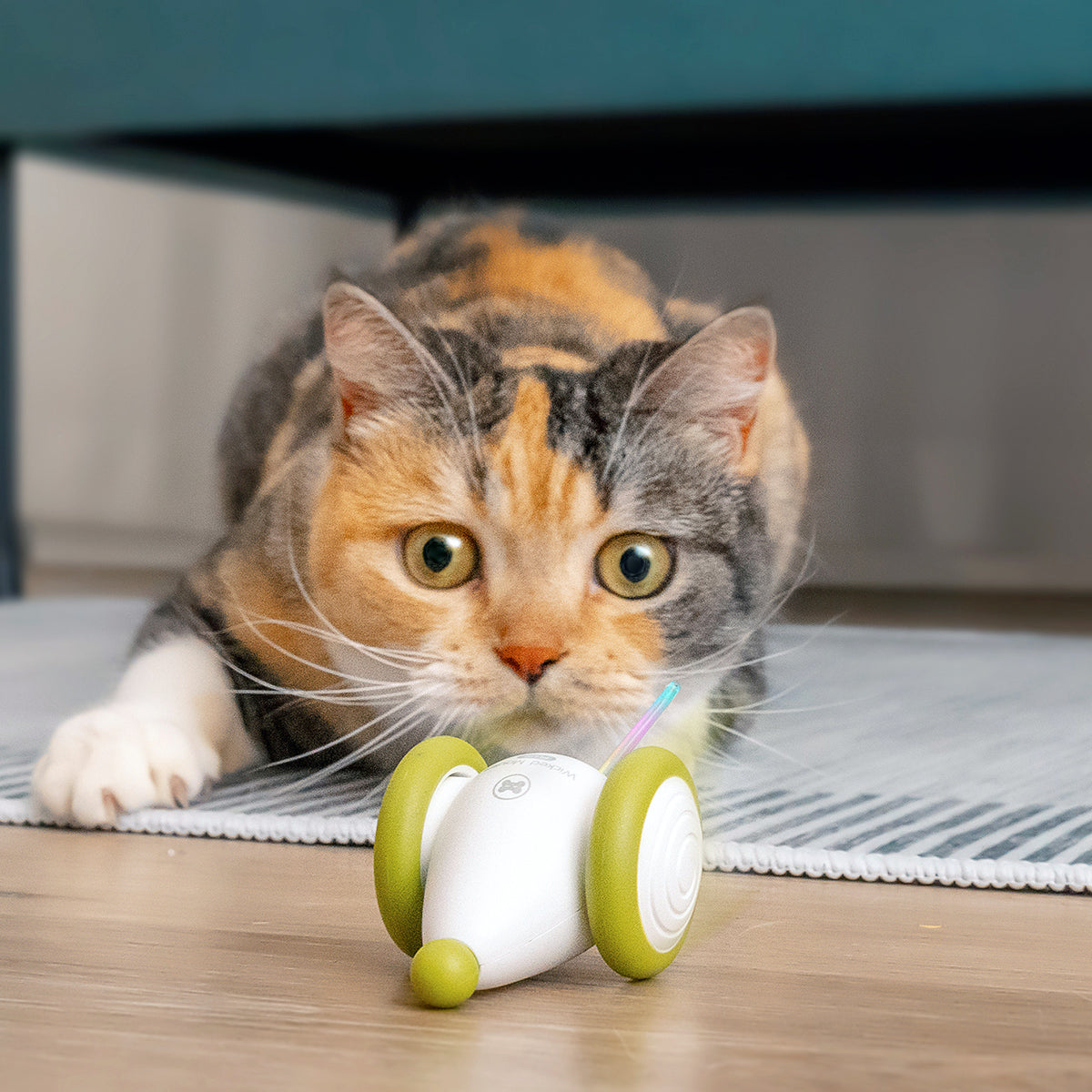
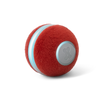





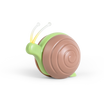
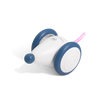
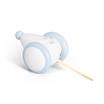
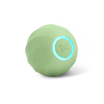

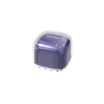
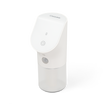
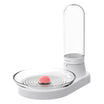
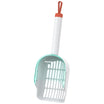

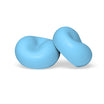
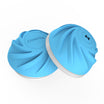
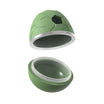
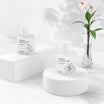
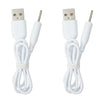
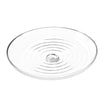
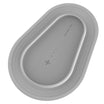

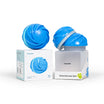
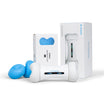

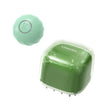
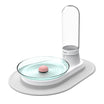
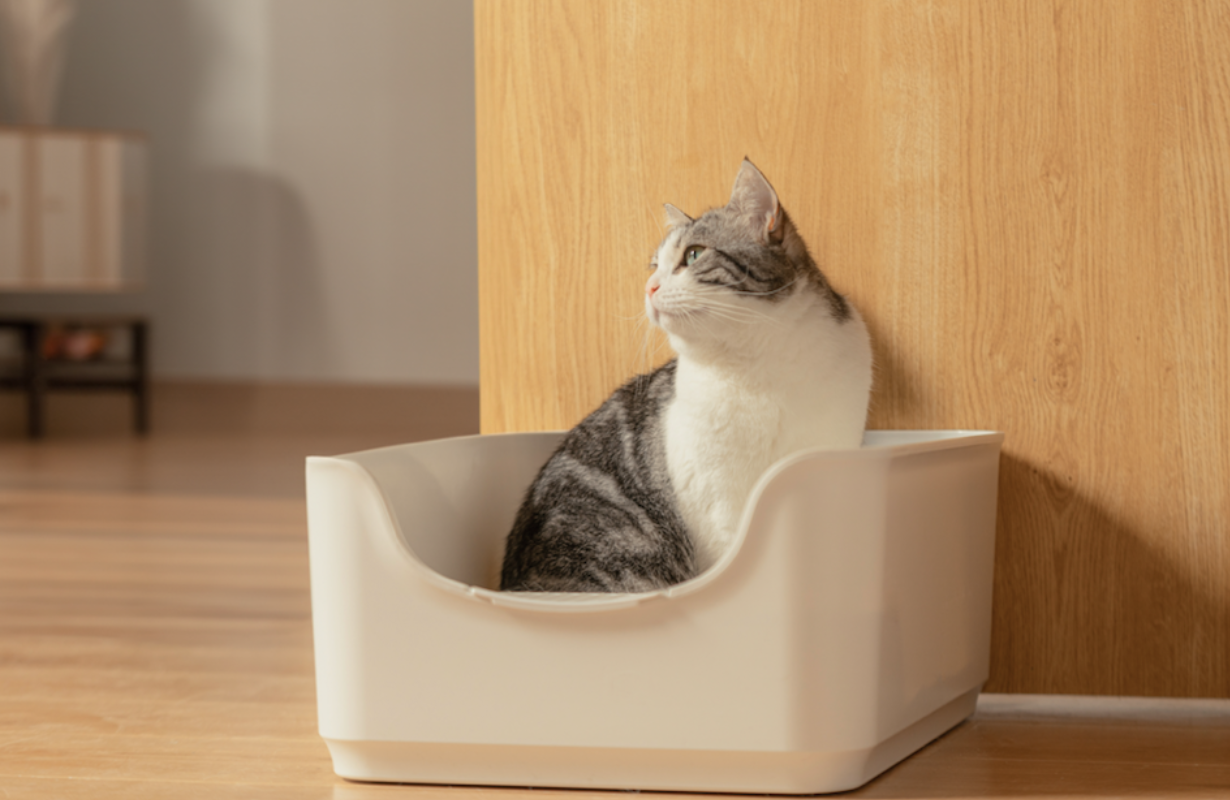

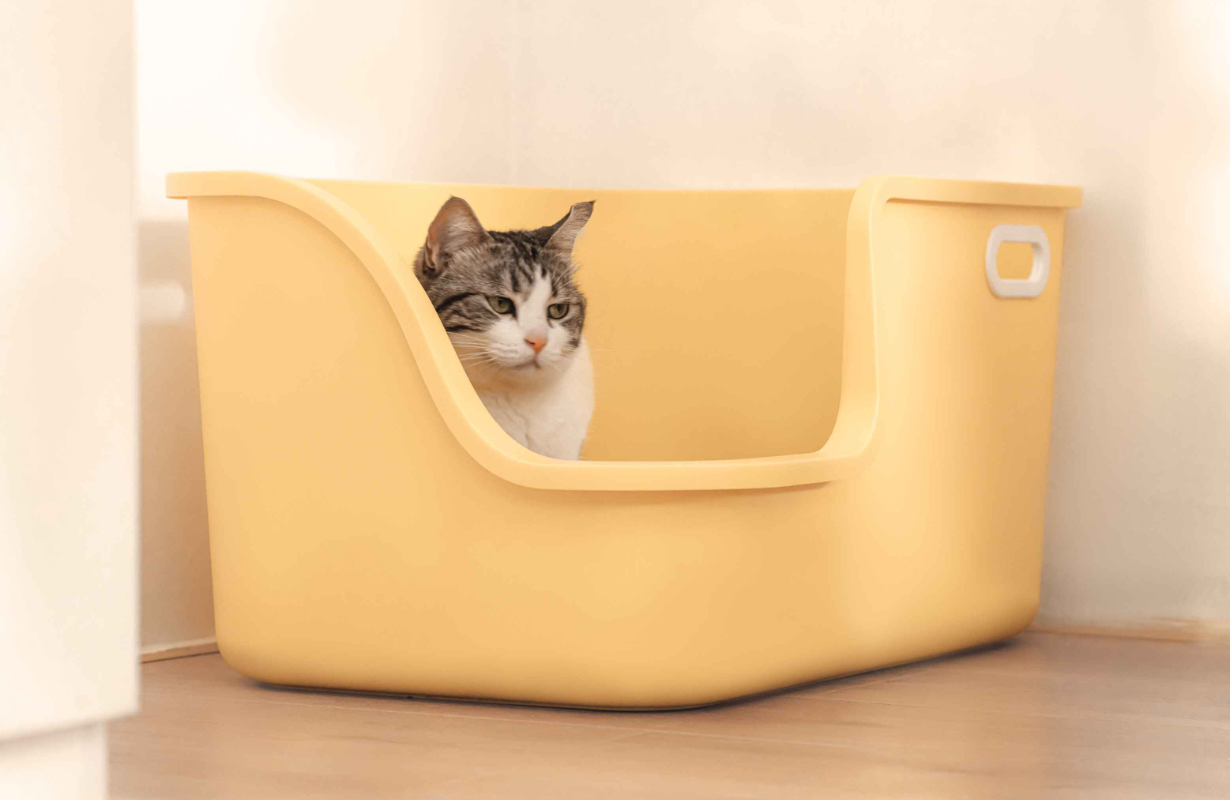
Leave a comment
All comments are moderated before being published.
This site is protected by reCAPTCHA and the Google Privacy Policy and Terms of Service apply.